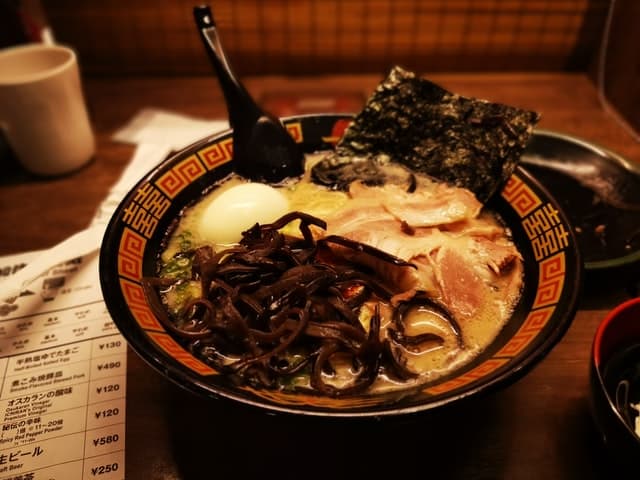Unless you have been living under the rock for a few years, you have likely heard of the Ramen boom. The dish has become a convenient college staple and a favorite among those who lack the time and energy to prepare their meals. However, it is natural to wonder what Ramen noodles are made of and whether they are a fit for special diets.
So, are Ramen Noodles plant based? Yes, ramen noodles are plant based. Ramen noodles are generally made out of wheat flour, which makes them wholesome and plant-based. They contain oil and other ingredients for flavor, all of which are plant-based. While the noodles are completely plant-based, the seasoning packet that comes with instant ramen noodles is not along is not.

There are, however, some exceptions that are totally plant-based. So, it is possible to enjoy Ramen noodles on a plant-based diet, with some considerations. Let us try to learn more about what goes into Ramen noodles to find out if they should be added to a plant-based diet.
Why Ramen Noodles Are Plant Based?
Ramen noodles are generally made out of wheat flour, which makes them wholesome and plant-based. They contain oil and other ingredients for flavor, all of which are plant-based. The seasoning packet included with instant noodles from most brands contains animal-based ingredients.
However, some brands offer plant-based options like Top Ramen Oriental flavor that contains no animal ingredients. You can always look for the brands and products avoiding animal components to make sure they are a fit for your diet.
You can always make homemade Ramen noodles with plant-based ingredients to enjoy this delicious food without worrying about diet restrictions. You can also purchase high-quality products from reputed brands to ensure they contain what is listed and don’t ruin your health goals.
What Are The Main Ingredients In Ramen Noodles?
Ramen noodles are mainly wheat flour combined with salt and oil and some fillers like potato starch. These ingredients are purely vegetarian and even plant-based. Most brands, however, add a seasoning packet to the product, which can contain varying ingredients depending on the brand and the flavor.
It is a good idea to check the product label for ingredients before adding Ramen noodles to your plant based diet. The seasonings can often contain dehydrated and powdered meat extract. There are several products marked as vegetarian and vegan, containing no animal products or dairy.
Ramen Noodles Nutrition
Though Ramen noodles are a quick and convenient meal option and contain whole food, they don’t have a high nutritional content. They are low in protein and fiber and pack a lot of calories. They are high in sodium and fat content and hardly have any key nutrients.
The nutritional value of Ramen noodles can vary between brands and variants, but most of them lack essential nutrients. Here is the information for one serving of chicken-flavored instant Ramen noodles:
- Calories: 188
- Carbs: 27g
- Protein: 5g
- Fat: 7g
- Fiber: 1g
- Sodium: 891mg
They contain small amounts of thiamine, niacin, iron, folate and riboflavin. However, they are low in fiber, protein, calcium, vitamin A, C and B12. These products are often made using fortified wheat flour and synthetic nutrients to make them more nutritious.
Conclusion
So, should you eat Ramen noodles on a plant-based diet? Yes, you can. But reading the ingredients on the label is the key. Look for top-quality brands to make sure you can add them to your plant-based diet. As they lack nutrients, they should only be consumed occasionally and in moderate proportion.
Most Popular Questions: